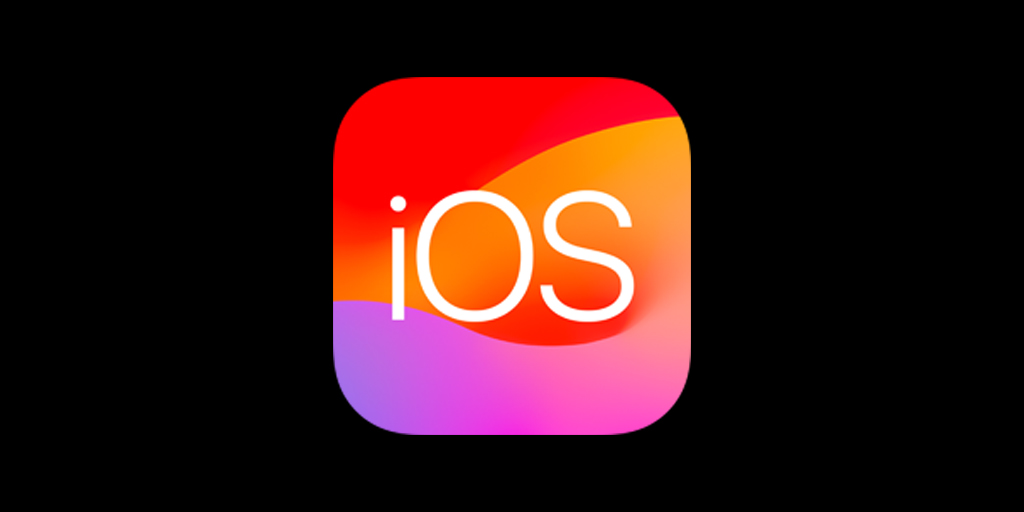Apple’s iOS 18 is anticipated to be the next significant update for iPhone devices, with expectations to introduce new features and enhancements. With each new version, users often wonder whether their current devices will remain compatible or if they will need to upgrade to continue receiving the latest software. In the case of iOS 18, it is expected that the range of supported devices will largely mirror that of its predecessor, iOS 17, allowing users of more recent iPhone models to enjoy the new operating system without needing new hardware.
The release of iOS 18 is typically previewed at Apple’s Worldwide Developers Conference (WWDC), with a Beta version available for developers shortly after. The full public release usually follows in the fall of the same year. Alongside iOS 18, iPadOS 18 will be released with a separate set of compatibility requirements, particularly impacting older iPad models with the A10X Fusion processor.
Which iPhones Will Work With iOS 18?
Apple generally provides around five years of major iOS updates for its iPhones. Based on this trend, and with the official information yet to be released, here’s a breakdown of iOS 18 iPhone model compatibility.
iOS 18 Supported Devices
These iPhone models are very likely to be compatible with iOS 18:
- iPhone 16 Series including iPhone 16e
- iPhone 15 Series
- iPhone 14 Series
- iPhone 13 Series
- iPhone 12 Series
- iPhone SE (3rd generation)
Rumors of Extended Support
There are rumors suggesting that Apple might extend support to slightly older models. This is less certain, but these iPhones could potentially receive iOS 18:
- iPhone 11 Series
- iPhone XR
- iPhone XS Series
Devices Likely Not Supported
These iPhones are most likely to be left out of the iOS 18 update:
- iPhone X and older
- iPhone SE (1st and 2nd generation)
Important Notes
- Apple’s official announcement at WWDC 2024 will provide the final and definitive list of supported devices.
- Rumors of extended support, even if accurate, are not guaranteed.
Key Takeaways
- iOS 18 update will introduce new features for compatible iPhone devices.
- Most devices that supported iOS 17 are expected to support iOS 18.
- The expected unveil of iOS 18 is at WWDC 2024, with full release later in the fall.
Supported Devices and Compatibility
When iOS 18 arrives, it will support a variety of iPhone and iPad models, with certain enhancements designed to improve performance.
iPhone Compatibility
The release of iOS 18 brings with it support for a number of iPhone models, starting from the iPhone XR and including more recent versions of this popular device. Here is a list of iPhones that will be compatible with iOS 18:
- iPhone XR
- iPhone XS and XS Max
- iPhone 11, 11 Pro, and 11 Pro Max
- iPhone 12, 12 Mini, 12 Pro, and 12 Pro Max
- iPhone 13, 13 Mini, 13 Pro, and 13 Pro Max
- iPhone 14, 14 Plus, 14 Pro, and 14 Pro Max
- iPhone 15, 15 Plus, 15 Pro, and 15 Pro Max
- iPhone 16, 16 Plus, 16 Pro, and 16 Pro Max
- iPhone 16e
Users with these devices can look forward to not only enjoying the new features but also experiencing enhanced security and improved bug fixes once they update to the latest iOS version.
iPadOS Compatibility
For iPad users, iPadOS 18 will mark a shift in compatibility. Devices that will support the new iPadOS 18 are listed as follows:
- iPad Air (3rd generation and later)
- iPad mini (5th generation and later)
- iPad (8th generation and later)
- iPad Pro (All models starting from the 2nd-generation 12.9-inch model onwards)
Older iPads with the A10X Fusion chip will not support the new iPadOS, limiting access to the latest features and enhancements.
Performance Enhancements
With iOS 18, iPhone and iPad (iPadOS) users can expect improvements linked to both software optimization and hardware capabilities. Advancements in AI features, for example, may lead to smarter functionalities, though these require devices with the right hardware and sufficient RAM to operate smoothly. Newer models with more powerful chips and higher RAM capacities will be better suited to make the most of these enhancements, resulting in a more fluid and responsive user experience.
New Home Screen Features & App Organization
iOS 18 is expected to feature a more customizable Home Screen, giving iPhone users more options for the look of their iPhone. Apple plans to give customers more control over how their app icons are arranged. App icons are expected to remain locked to an invisible grid for organizational purposes, but the update could add the option to create blank spaces, rows, andcolumns within this grid. There are even discussions internally at Apple about allowing users to place widgets among the app icons on the Home Screen.
New AI Features
Apple is always looking for ways to improve Siri, and with iOS 18 the focus is on greater integration with third-party apps and services. New shortcuts and more complex tasks completed seamlessly with voice commands are a strong possibility. Apple may also upgrade their image recognition capabilities, expanding search features within the Photos app, and introducing AI-powered tools within other apps.
Potential Changes
While not confirmed, these are more potential changes we might see in iOS 18:
- Always-On Display for More iPhone Models: This feature is currently limited to the iPhone 14 Pro lineup, but could be expanded.
- Revamped Notifications: A reimagined notification center for easier management.
- USB-C: Due to EU regulations, Apple may finally shift to USB-C for all iPhones.
Important Note: These potential changes and features are based on speculation and rumors, and may or may not be present in the final release of iOS 18.







